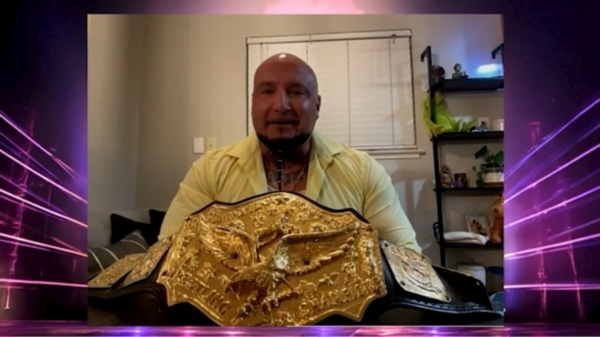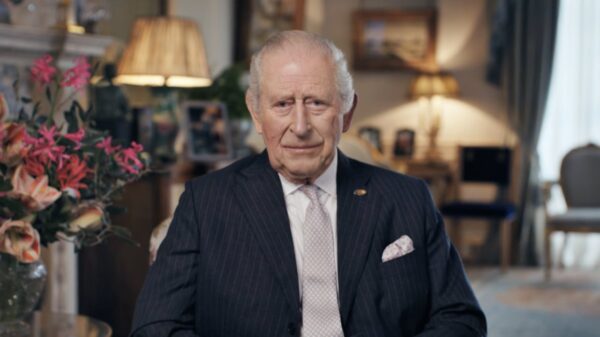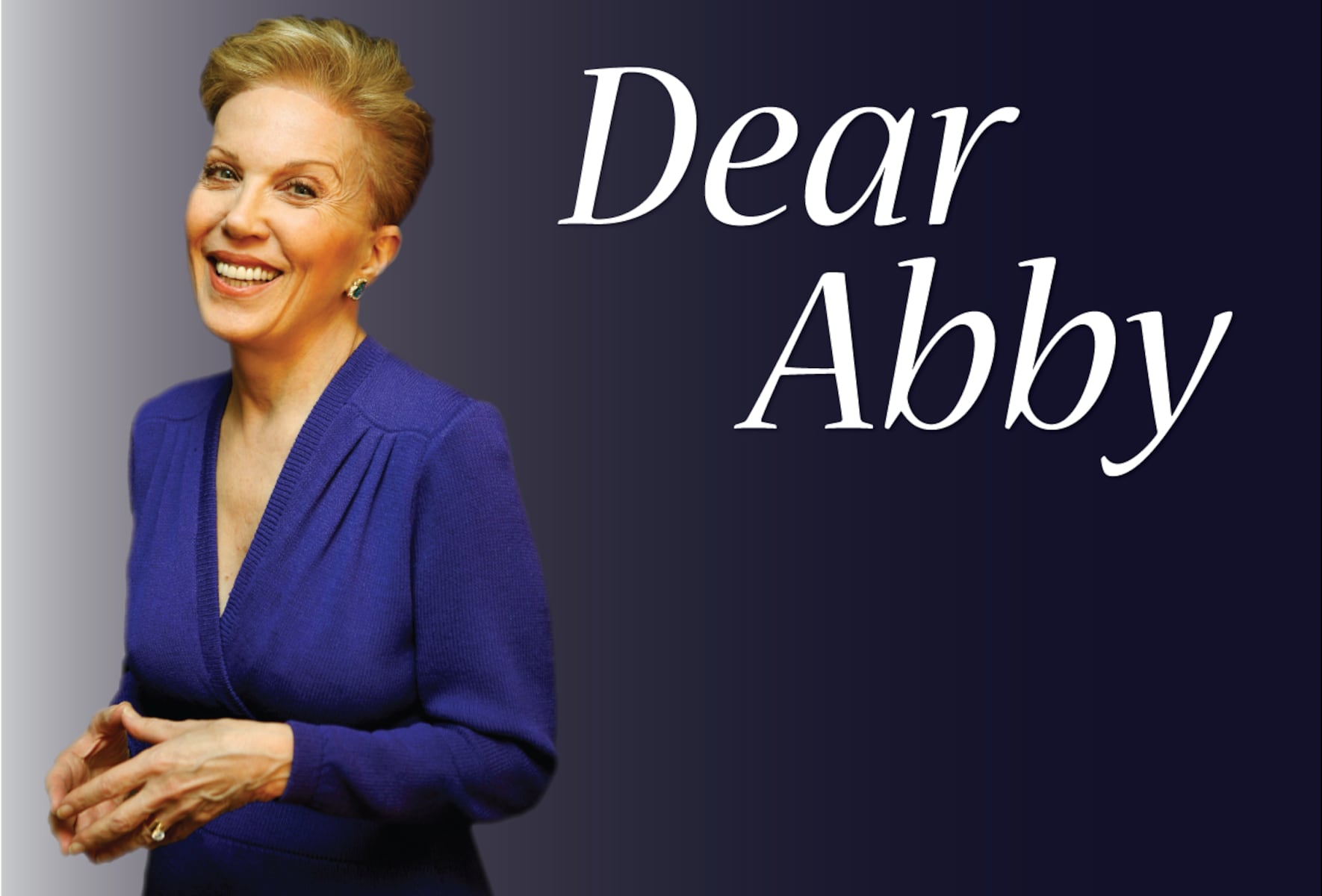A woman in Florida is grappling with a difficult decision as her ex-husband, who was unsupportive during her battle with breast cancer, seeks a second chance at their relationship. The couple, who were married for 36 years, divorced three years ago due to ongoing gambling issues and his controlling behavior.
Their son, now 33, has no relationship with his father and has voiced strong opposition to the idea of reconciliation. He believes his father is merely seeking a safe haven rather than genuinely wanting to change. This tension adds another layer of complexity to an already challenging situation.
Background of a Troubled Relationship
The couple immigrated to the United States 27 years ago, where the woman took on the responsibility of financially supporting the family while her husband did not contribute to household expenses. Despite her efforts to create a better life for their son, the relationship deteriorated due to the husband’s gambling habits and controlling nature.
During her treatment for breast cancer, which began two years ago, their marriage faced its breaking point. After a particularly harsh encounter following her first round of chemotherapy, she asked him to leave. The couple remained apart for nearly a year until a chance meeting in a store prompted a renewed conversation. The husband, visibly shocked by her changed appearance, expressed a desire to reconnect.
Conflicting Emotions and External Pressures
While the woman contemplates her ex-husband’s request for reconciliation, she is aware that her son’s concerns are valid. He fears that his father’s intentions are not rooted in genuine care but rather a desire for stability. The social dynamics of their shared hometown also weigh heavily on her mind, as gossip about their past continues to circulate.
In her quest for guidance, she reached out to the advice column of Dear Abby, written by Abigail Van Buren. The response emphasized the importance of prioritizing her well-being over external perceptions. Van Buren reminded her of the reasons behind their divorce, highlighting the detrimental aspects of their past relationship, including his lack of support during her illness and his gambling issues.
“Cherish and nurture relationships that are mutual, and you will be much happier,” Van Buren advised.
The woman now faces a pivotal choice: to revisit a painful chapter of her life or to focus on her healing and the relationships that uplift her. As she navigates this emotional landscape, the support of her son remains a crucial factor in her decision-making process.
For those seeking advice or support on similar issues, Dear Abby continues to provide guidance through its platform, encouraging individuals to prioritize their well-being and seek mutually beneficial relationships.








































































